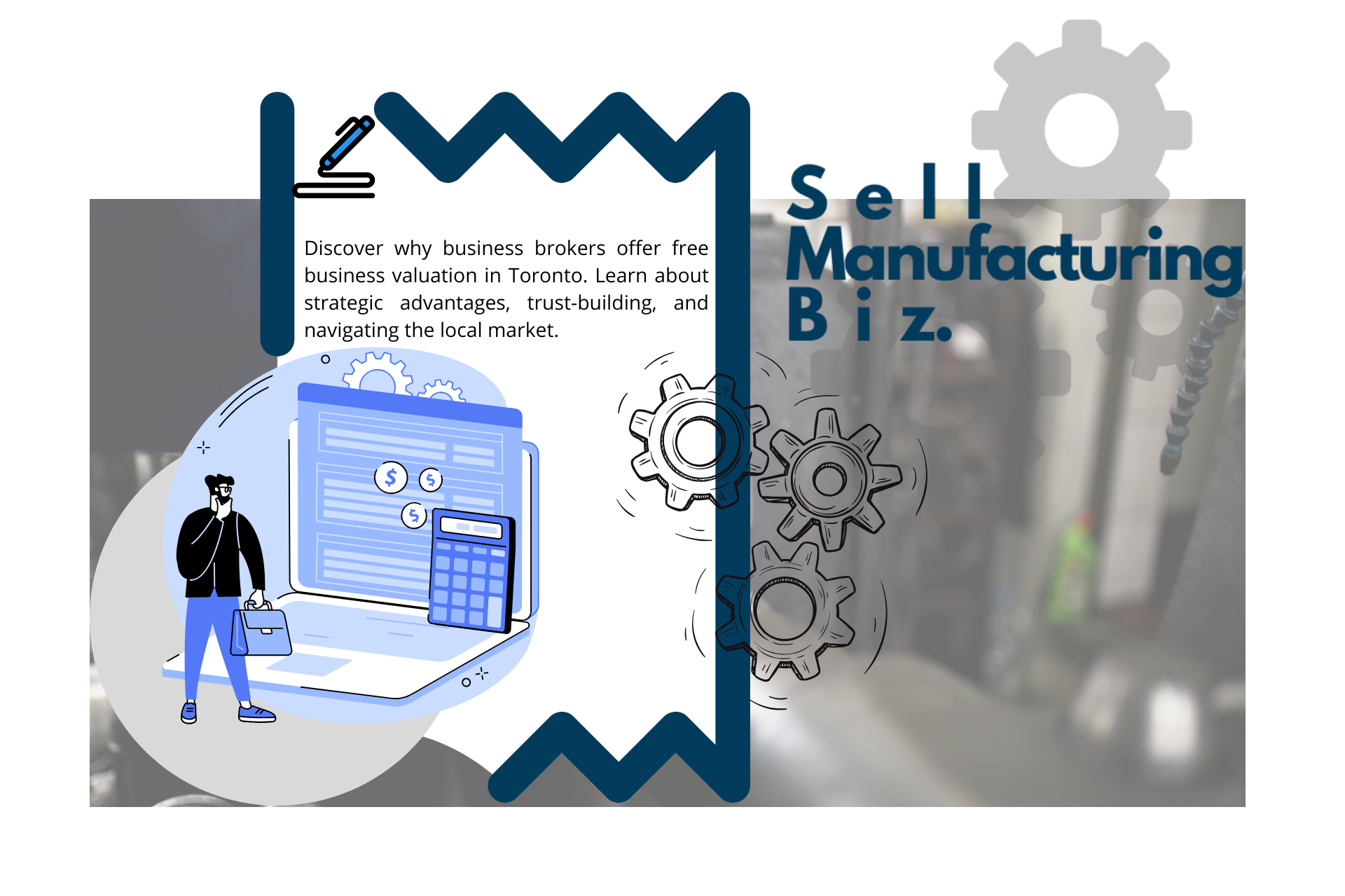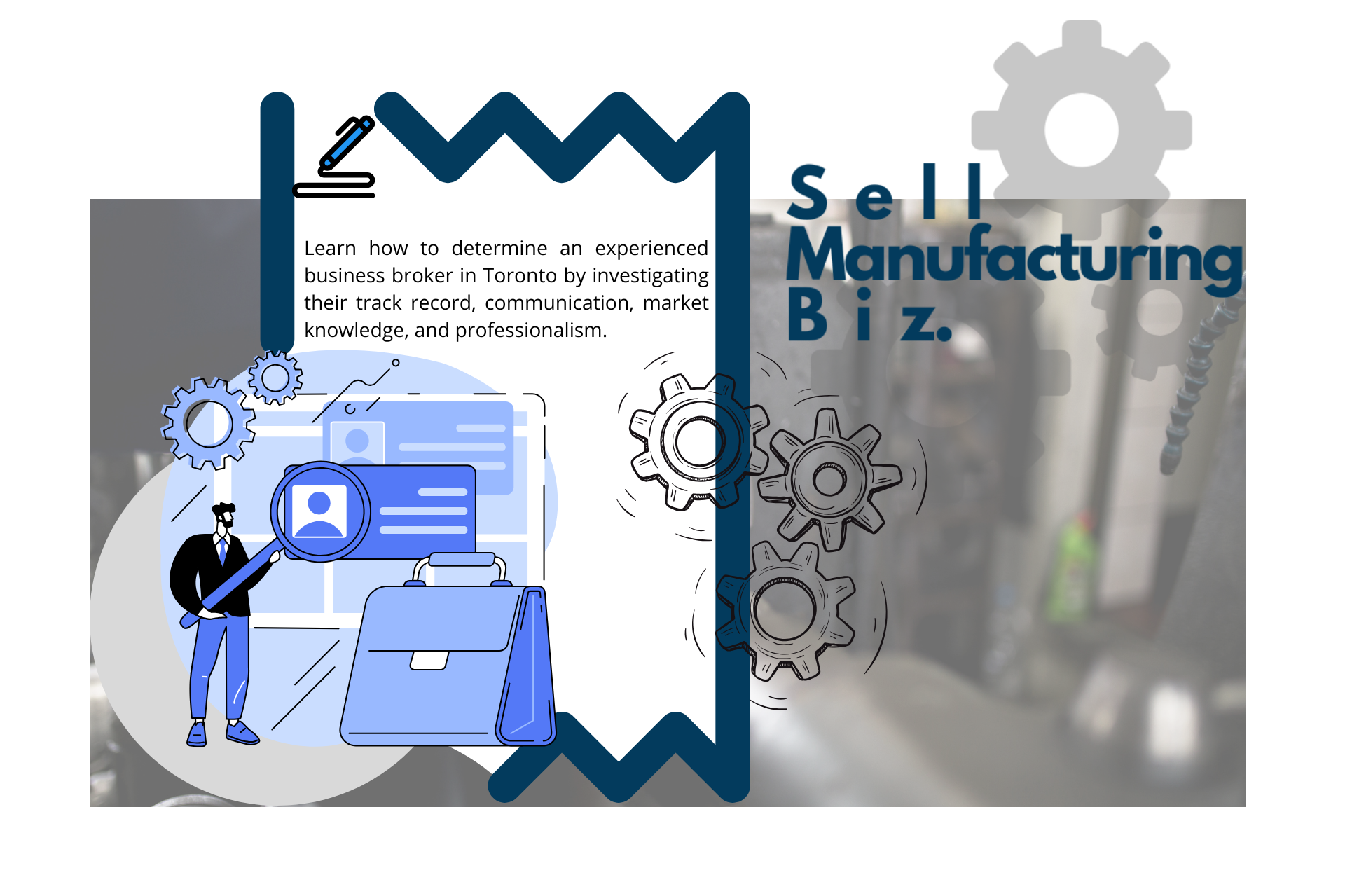How To Calculate Valuation Of A Manufacturing Business
Unlock Calculating Business Valuation For A Manufacturing Company in Canada
One of the most popular ways to estimate the worth of a manufacturing business is to apply EV (Enterprise Value) to EBITDA multiples. This method works well for companies that have multiple lenders and/or investors.
However, there are other ways to calculate business value that you should also consider:
- EBITDA - income before interest, taxes, depreciation, and amortization
- SDE - income that the seller can use at their discretion
- Capitalized Earnings
- Enterprise Value
- EV to EBITDA Multiples - the ratio of enterprise value to earnings before interest, taxes, depreciation, and amortization
If you want to sell your manufacturing business, you need to know its true value. That’s why you should hire a professional business valuation service that can help you with this important task. They will evaluate your business’s assets, liabilities, profits, losses, and future prospects. They will also use advanced software tools to come up with a realistic selling price for your business.
Besides using the asset and income-based methods, a business valuation service for manufacturers in Ontario, British Columbia, Edmonton, or Alberta, Canada; should also look at the market value of your business.
This means taking into account the industry, location, and other external factors that affect its value. Moreover, they should provide you with a detailed report that explains how they arrived at the valuation and what factors they considered.
Let's explore more...

EBITDA or SDE: Which One Matters More for Your Manufacturing Business?
If you own a manufacturing company in Canada and want to know how much it is worth, you need to understand the different methods of business valuation. Business valuation is the process of estimating the economic value of a business using various techniques and data. Two of the most common methods are EBITDA and SDE.
EBITDA stands for Earnings Before Interest, Taxes, Depreciation, and Amortization. It measures the operating income of a business, which reflects its profitability. To calculate EBITDA, you need to add back depreciation and amortization expenses to the net income. This method is usually applied to larger and more complex manufacturing businesses in the lower middle market ideally with a yearly revenue between $5 to $50 million.
SDE stands for Seller’s Discretionary Earnings. It measures the adjusted net income of a business, which reflects the owner’s benefits. To calculate SDE, you need to add back all income, expenses, and discretionary items that are related to the owner. This method is typically used for smaller and simpler manufacturing businesses ideally with an annual revenue below $5 million.
Both EBITDA and SDE can be used to estimate the value of a small to medium size manufacturing business by multiplying them by a multiple. A multiple is a factor that reflects the industry, market, and performance of a business. For example, a manufacturing company in Canada with an EBITDA of $1 million might have a multiple of 5, which means its value is $5 million. Similarly, a manufacturing company with an SDE of $500,000 might have a multiple of 3, which means its value is $1.5 million.
Multiples can vary depending on various factors, such as growth potential, risk level, competitive advantage, and economic conditions. Therefore, it is important to use appropriate multiples for each business valuation method and adjust them accordingly.
What is Capitalized Earnings and Why You Need to Know It
One way to figure out how much a manufacturing business in Canada is worth is to use its capitalized earnings. This means looking at how much profit the company makes and then estimating how much it will make in the future. The appraiser then discounts those future earnings to their present value using a capitalization rate (which the appraiser decides). This gives the appraiser an idea of how much the business’s future earnings are worth today.
This method is good for manufacturing businesses that have steady and reliable cash flow. The appraiser can also adjust the value for any expected changes in the company’s sales in the future to make sure the valuation is fair.
The appraiser also has to take into account the industry and market situation when valuing the business. This helps the appraiser to be more accurate and realistic in their valuation.

What is EV to EBITDA and Why Does It Matter for Manufacturers?
A common way to value a manufacturing business in Ontario, British Columbia, Edmonton, or Alberta is to apply EV (Enterprise Value) to EBITDA multiples. This method is often used for businesses that have multiple lenders and/or investors.
This method calculates the value of the business based on its enterprise value, which is the difference between the company’s assets and its debt and other obligations. This number is then divided by the company’s EBITDA (Earnings Before Interest, Taxes, Depreciation, and Amortization) to get an EV to EBITDA multiple.
This multiple is then multiplied by the company’s current EBITDA to estimate the value of the business. This number can then be modified based on the company’s current performance, industry trends, and other external factors to ensure a fair valuation.
Valuing a manufacturing business requires several calculations.
To determine the market value of a business, appraisers usually use one or more of the following methods: EV to EBITDA multiples, capitalized earnings, and sales multiples. With EV to EBITDA multiples, the appraiser divides the company’s enterprise value by its EBITDA to get a multiple.
Capitalized earnings use the company’s net income to estimate the present value of the business’s future earnings.
Lastly, with sales multiple, appraisers multiply the company’s adjusted net income by a multiple of two or three times to get the sale price. Multiples can be modified based on the company’s current performance, industry trends, and other external factors to ensure a fair valuation.
By considering all of these factors, a business valuation service for manufacturers small to medium size companies can help you get the highest value for your business. With expert advice and an accurate assessment of your company’s value, you can be confident that you will get the best deal when selling your company in Canada.
Interested To See Business Valuation Report With FREE Online Appraisal?
Don't settle for less than your manufacturer is worth. A business valuation service for manufacturing business owners in Ontario, British Columbia, Edmonton, or Alberta can help you find out the true value of your company and get the best offer when you sell.
-->>



